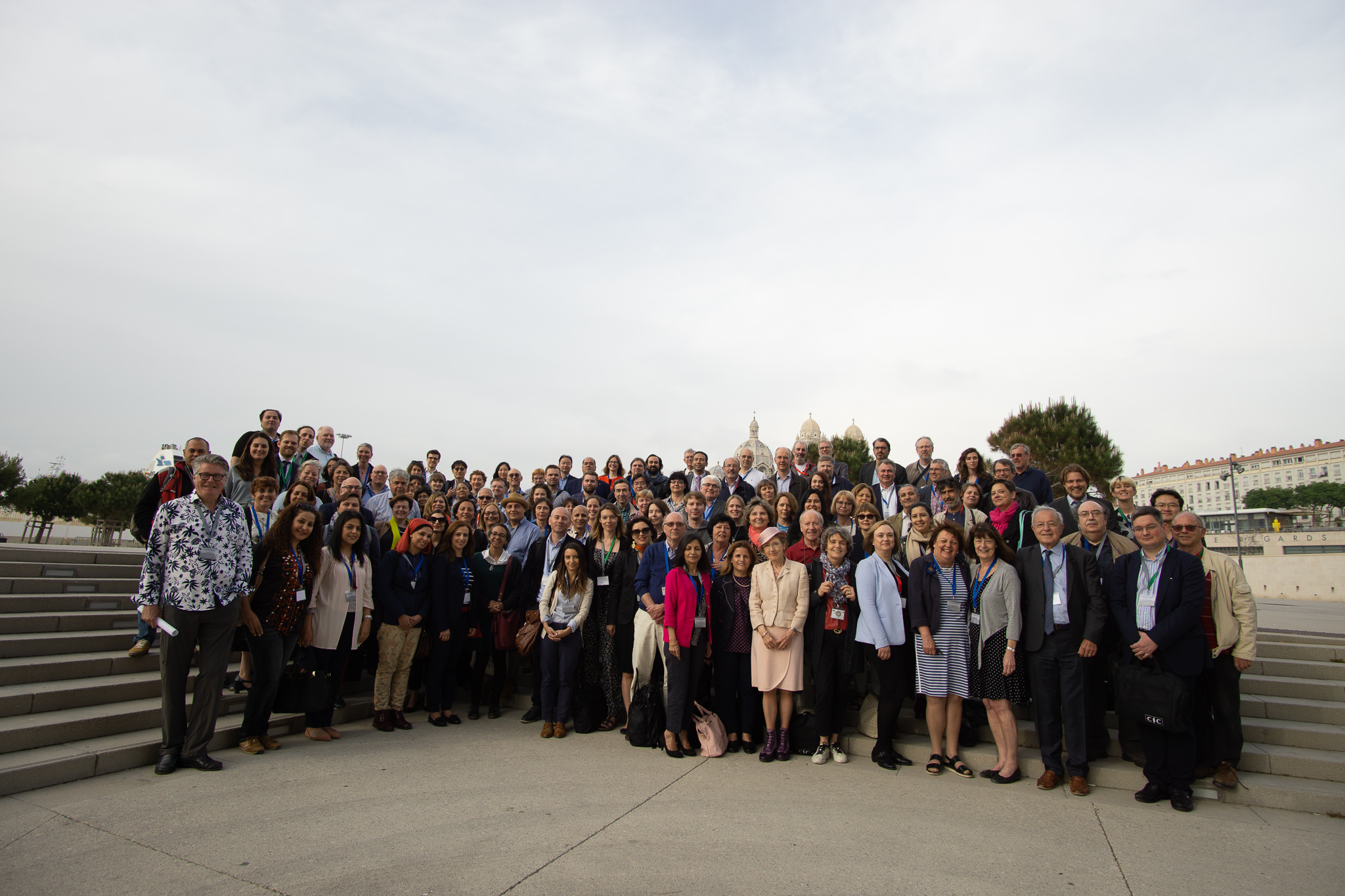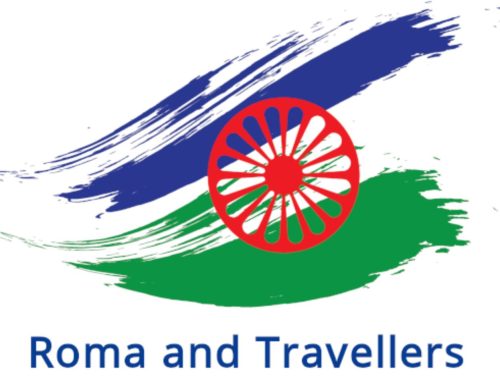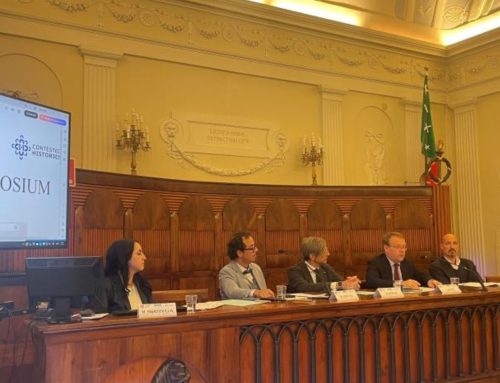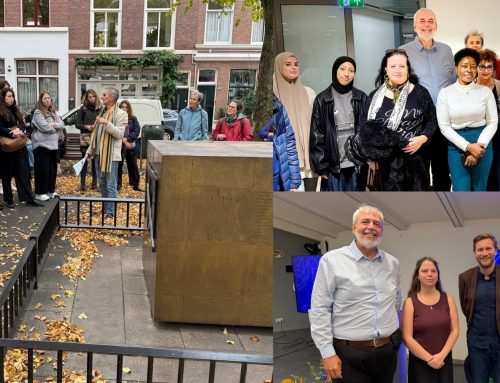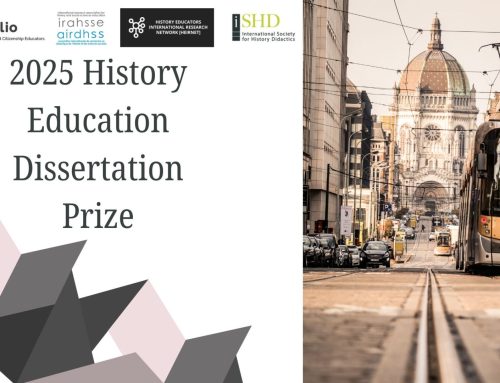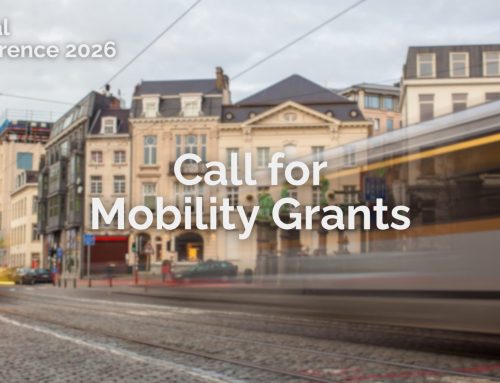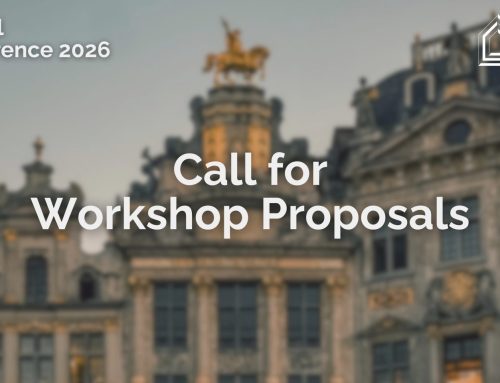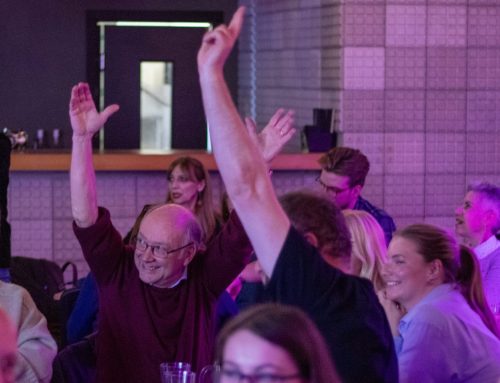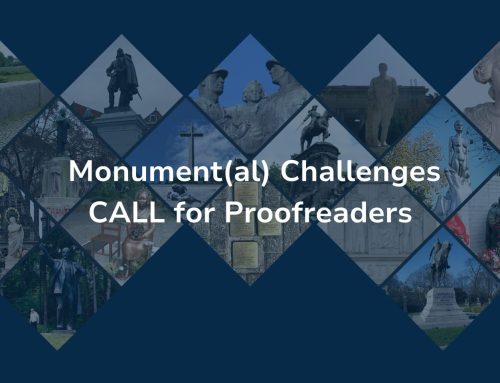From the 21st to the 26th of April 2018, Marseille was the setting for a rather unique experience: the 25th EuroClio Annual Conference “Mediterranean Dialogues: Teaching History Beyond our Horizons”. Approximately 200 people, including history and citizenship teachers, educators, members of civil society organizations and policy makers from more than 40 countries, gathered in a series of locations across the city of Marseille and the Region Provence-Alpes-Côte d’Azur to discuss teaching history of and on all the sides of the Mediterranean.
Guided by the themes of “A common heritage”, “War and peace in the Euro-Mediterranean region”, and “People on the move?”, the participants of the conference took part in six intense days of roundtables, workshops, discussions and cultural visits, sharing and deepening their knowledge of sensitive issues such as the Armenian Genocide, the Landing in Provence, the Migration Crisis, and the teaching of the history of Islam on the one hand, and of European history on the other.
“Marseille was a wonderful site for the theme (…), and the opportunity to exchange ideas and gain insights from EuroClio’s diverse membership was stimulating.”
– Attendee at Marseille
“An extraordinary day, characterized by many interesting workshops.”
– Conference Participant
A special role was held by the interactive elements of the programme, which occupied almost entirely the 24th and the 26th of April. The 24th of April witnessed 18 different workshops (five of which were held in French), touching a variety of topics ranging from the role of documentaries in historical narrative, to case studies of political pressures on history curricula, to migration, to the use of Wikipedia’s edit history and of Historiana as a teaching tool.
After the annual meeting of EuroClio General Assembly, the 26th of April featured a more informal discussion setting. Five discussion tables were held, touching upon five extremely different topics: intercultural education, the role of Europe, EU education agenda, the role of teachers as researchers, the teaching of Turkish history in Danish classrooms, Industrial Heritage. Discussion Tables were followed by a compelling World Café session on history, memory, and pluralism, 6 different groups tackled three key questions on history teaching and inclusiveness in society.
In other words, the 25th EuroClio Annual Conference touched on a variety of different micro-topics, all connected to the primary issue of Teaching History Beyond our Horizons. But, and this is perhaps the most important feature of the whole event, exchanges between educators did not stop at the end of the formal every-day programme: networking, in fact, continued also during lunch, dinner, cultural visits, and breaks, laying the foundations for new (and strengthening old) partnerships, and consolidating, we are proud to say, our friendships.
“I came back from the conference full of enthusiasm, the head filled with new ideas and new projects. I am impatient to attend the next conference!”
– Conference Attendee

